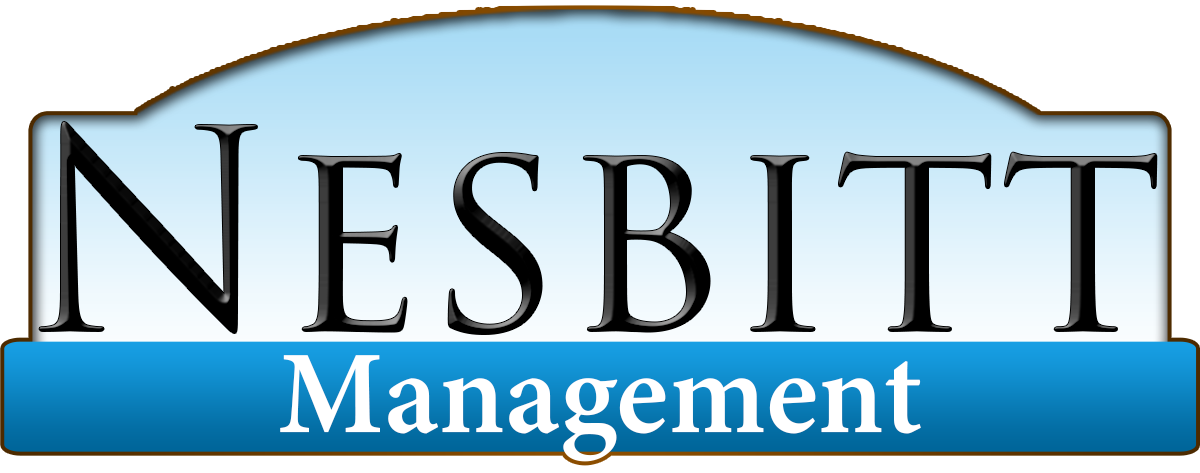Property damage is an inevitable aspect of property management that requires prompt and effective handling. Whether caused by tenants, natural disasters, or wear and tear, property damage can lead to significant financial losses and legal issues if not addressed properly. Here are some tips to effectively manage and mitigate property damage.
1. Conduct Regular Inspections
Regular property inspections are crucial for identifying potential issues before they escalate into significant damage. Schedule periodic inspections to check for signs of wear and tear, water damage, pest infestations, and other potential problems. Documenting the condition of the property with photos and reports can help in tracking changes over time and holding tenants accountable for any damage.
2. Establish Clear Lease Agreements
A well-drafted lease agreement is essential for setting expectations and responsibilities regarding property maintenance and damage. Clearly outline the tenant’s responsibilities for maintaining the property and reporting any damage promptly. Include clauses that specify the procedures for handling repairs and the consequences of failing to report damage.
3. Encourage Tenant Communication
Encourage open and prompt communication with tenants. Make it easy for tenants to report any damage or maintenance issues through multiple channels such as phone, email, or an online portal. Respond quickly to their reports to prevent minor issues from becoming major problems.
4. Implement Preventive Maintenance
Preventive maintenance is key to reducing the risk of property damage. Regularly service HVAC systems, plumbing, roofing, and other critical components of the property. Conduct seasonal maintenance to prepare the property for extreme weather conditions and prevent weather-related damage.
5. Address Damage Immediately
When property damage occurs, address it immediately to prevent further deterioration and minimize repair costs. Delaying repairs can lead to more extensive damage and higher expenses. Promptly hiring qualified professionals to fix the damage ensures the property remains in good condition and safe for tenants.
6. Document All Damage and Repairs
Thorough documentation is vital when dealing with property damage. Take detailed photos and videos of the damage before any repairs are made. Keep records of repair estimates, invoices, and receipts. This documentation can be useful for insurance claims, tenant disputes, and maintaining accurate property maintenance records.
7. Review Insurance Policies
Ensure that your property insurance policies are up to date and provide adequate coverage for various types of damage. Review the policies regularly to understand the coverage limits, deductibles, and claim procedures. Consider obtaining additional coverage for specific risks such as flood, fire, or earthquake damage if your property is located in a vulnerable area.
8. Handle Tenant-Caused Damage Appropriately
If the damage is caused by tenants, follow the procedures outlined in the lease agreement to address it. Notify the tenant of the damage and provide a timeline for repairs. Depending on the severity of the damage, you may deduct the repair costs from the tenant’s security deposit or seek reimbursement through legal means if the costs exceed the deposit.
9. Foster Good Tenant Relationships
Building positive relationships with tenants can lead to better property care and prompt reporting of issues. Treat tenants with respect, respond to their concerns promptly, and perform repairs efficiently. Satisfied tenants are more likely to take care of the property and report damage or maintenance issues promptly.
10. Plan for Emergencies
Have an emergency response plan in place for dealing with property damage caused by natural disasters or other unforeseen events. The plan should include emergency contact numbers, procedures for securing the property, and steps for notifying tenants and coordinating repairs. Being prepared for emergencies can minimize the impact of property damage and ensure a swift recovery.
Case Study: Effective Damage Management
Consider the case of Linda, a property manager in Fairfax, Virginia. One of her properties suffered water damage due to a severe storm. Linda had conducted regular inspections, so she quickly identified the extent of the damage. She promptly contacted a professional repair service, documented the damage, and filed an insurance claim. Her proactive approach and thorough documentation helped expedite the repair process and minimize financial losses. Linda also maintained open communication with the tenants, ensuring they were informed and reassured throughout the repair process.
Conclusion
Effectively dealing with property damage requires a proactive approach, clear communication, and efficient management practices. Regular inspections, preventive maintenance, prompt repairs, and thorough documentation are essential for minimizing the impact of property damage. By fostering good relationships with tenants and being prepared for emergencies, property owners and managers can ensure their properties remain in excellent condition and continue to generate income.
At Nesbitt Realty, we understand the challenges of managing property damage and are here to provide expert assistance. Our comprehensive property management services include regular inspections, prompt repairs, and effective communication to keep your properties in top condition.
